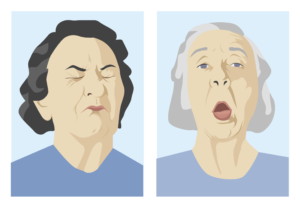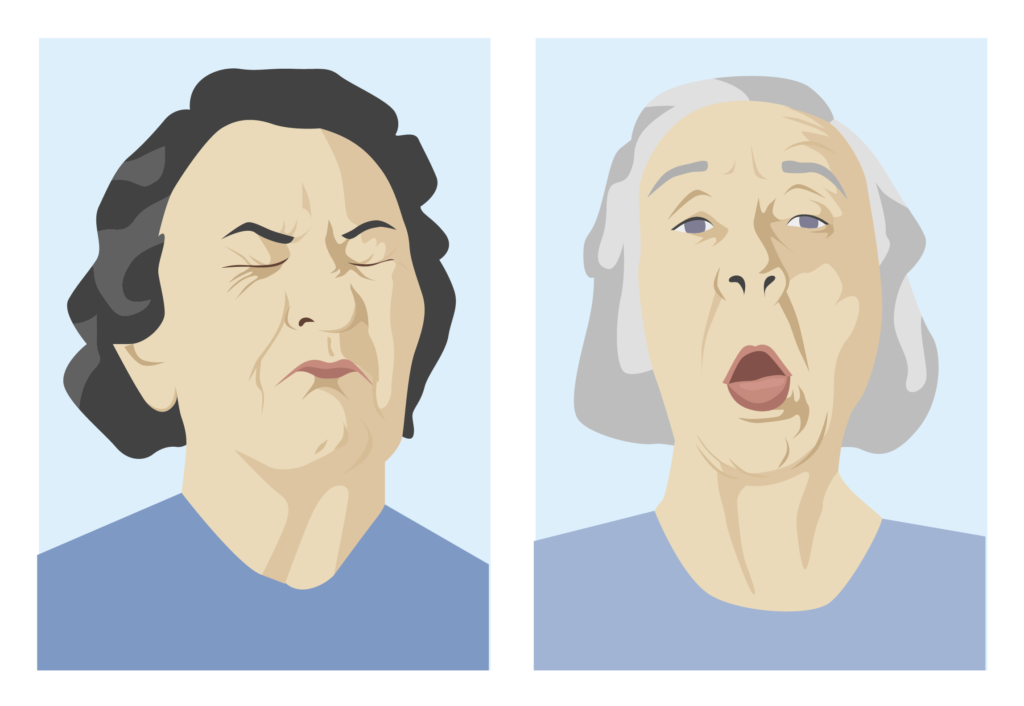Depression is a common mental health condition. With early intervention, this condition is treatable. Therapy, counseling, and healthy lifestyle changes, such as consuming a balanced diet and engaging in regular exercise, can all help manage depression. Let’s read further to discover several tips to overcome depression in the article below.
Effective Self-Help Strategies for Overcoming Depression
Depression, a pervasive mental health condition, is characterized by persistent sadness and a loss of interest or pleasure in any activities, including those that were once enjoyed. While the exact cause remains unknown, experts suspect that it stems from a combination of genetic, environmental, neurochemical, traumatic, and hormonal factors.
Symptoms of depression manifest as overwhelming sadness, isolation, loneliness, apathy, emptiness, and despair. Regardless, various approaches can effectively manage depression, ranging from therapy and medication to lifestyle modifications. Explore these strategies in more detail below.
1. Adopt a Healthy Dietary Pattern
Prioritizing a healthy diet is the first step in managing depression. While no specific diet can cure depression outright, adopting a balanced and nutritious dietary pattern can significantly improve the affected individual’s mood and overall well-being. Incorporating foods rich in omega-3 fatty acids (e.g. salmon, nuts, and folic acids (e.g. spinach and avocado), into your diet may help alleviate depression.
Probiotic-rich foods are also recommended as they may enhance positive mood. Conversely, limit highly processed foods, junk food, excessive saturated and trans fats, and sugary treats.
Avoid alcohol consumption, as it can cloud judgment, impair decision-making abilities, and increase the risk of addiction (alcoholism). Consider incorporating magnesium, vitamin B6, and vitamin B12 supplements into your diet, as these nutrients may contribute to symptom improvement.
2. Exercise Regularly
Exercising regularly can help relieve excessive stress. Exercising triggers the release of endorphins, natural mood-boosting hormones that can effectively combat stress and elevate happiness. This is clearly effective in helping people with depression manage stress and reduce their symptoms of depression.
In addition to improving mood, regular exercise can also boost motivation and self-esteem, promoting positive self-improvement. For those struggling with depression, yoga, brisk walking, cycling, and dancing are excellent exercise options. Aim for at least 30 minutes of moderate-intensity exercise per day, ideally 3-5 times a week.
3. Engage in Activities You Enjoy
Depression can stifle one’s ability to experience joy and creativity. However, expressing oneself through creative pursuits can effectively improve emotional well-being and foster positive emotions that lead to happiness.
Therefore, it is highly recommended for individuals with depression to engage in activities that bring them pleasure, such as painting, sewing, drawing, or any other activity that allows them to express their imagination. Additionally, consider spending time with pets. According to a study published in BMC Psychiatry, the presence of pets can instill feelings of security and happiness while also reducing loneliness.
4. Prioritize Getting Adequate Quality Sleep
Ensuring sufficient and restful sleep is another crucial tip to manage depression. Individuals struggling with depression often experience sleep disturbances, either difficulty falling asleep or excessive sleeping. These sleep issues can further exacerbate depressive symptoms.
Therefore, establishing a healthy sleep pattern is essential. Aim for 7-9 hours of sleep each night. Maintaining a consistent sleep schedule, waking up and going to bed at the same time each day, can significantly improve sleep quality.
If you struggle to fall asleep, try implementing sleep hygiene. This involves calming your mind before bed and exercising deep breathing, avoiding caffeine in the afternoon (especially after 2 p.m.), refraining from staying up late, minimizing light exposure during bedtime, powering down gadgets before bedtime, limiting daytime naps to no longer than 30 minutes, maintaining a clean and tidy bedroom, and ensuring proper pillow positioning.
5. Practice Social Media Detox
Temporarily distancing yourself from social media can be a helpful coping strategy. The constant barrage of information and comments from social media users can trigger stress, anxiety, and loneliness in individuals struggling with depression.
Therefore, consider implementing a social media detox for a period of time. This break from the virtual world can provide a sense of calmness and reduce distractions from external sources.
6. Express Your Emotions
The next tip is to not bottle up your emotions. Instead of bottling up negative emotions, try expressing your feelings through journaling or confiding in other people. Journaling not only provides an outlet for your emotions but also serves as a valuable tool for tracking your daily patterns that may contribute to your depression.
7. Cultivate a Positive Mindset
Training yourself to cultivate a positive mindset can help tackle depression. Depression can cloud your judgment and lead to impulsive decisions. When negative thoughts arise, especially those that are self-destructive or harmful, take a step back to think clearly. Engage in positive self-talk to encourage a positive mindset about yourself.
8. Seek Professional Guidance
If you feel overwhelmed by your depression and require professional assistance, do not hesitate to seek help from a psychologist or psychiatrist. They can provide a diagnosis as well as proper treatment. In some cases, therapy may be recommended to help manage symptoms of depression.
Mental health issues are not something to be ashamed of. If you are struggling with difficulties that may be related to mental health concerns, such as depression, it is crucial to seek help promptly from trusted individuals or professionals.
If you prefer consulting with a doctor, you can schedule an appointment with a psychiatrist at Siloam Hospitals. Additionally, if visiting a hospital is not feasible, you can opt for virtual consultations through the Teleconsultation service available on the MySiloam app. Remember, there is no need to hesitate. Seeking timely intervention can significantly improve your well-being.
Link Trusted:






